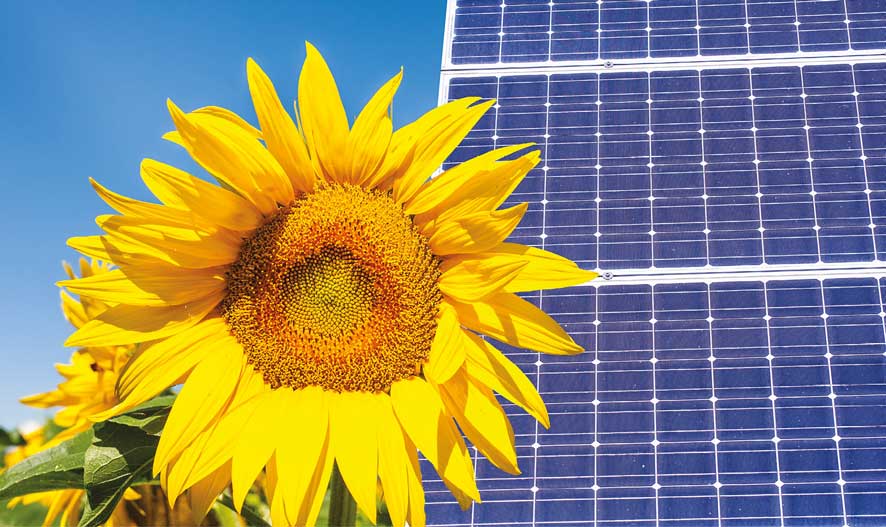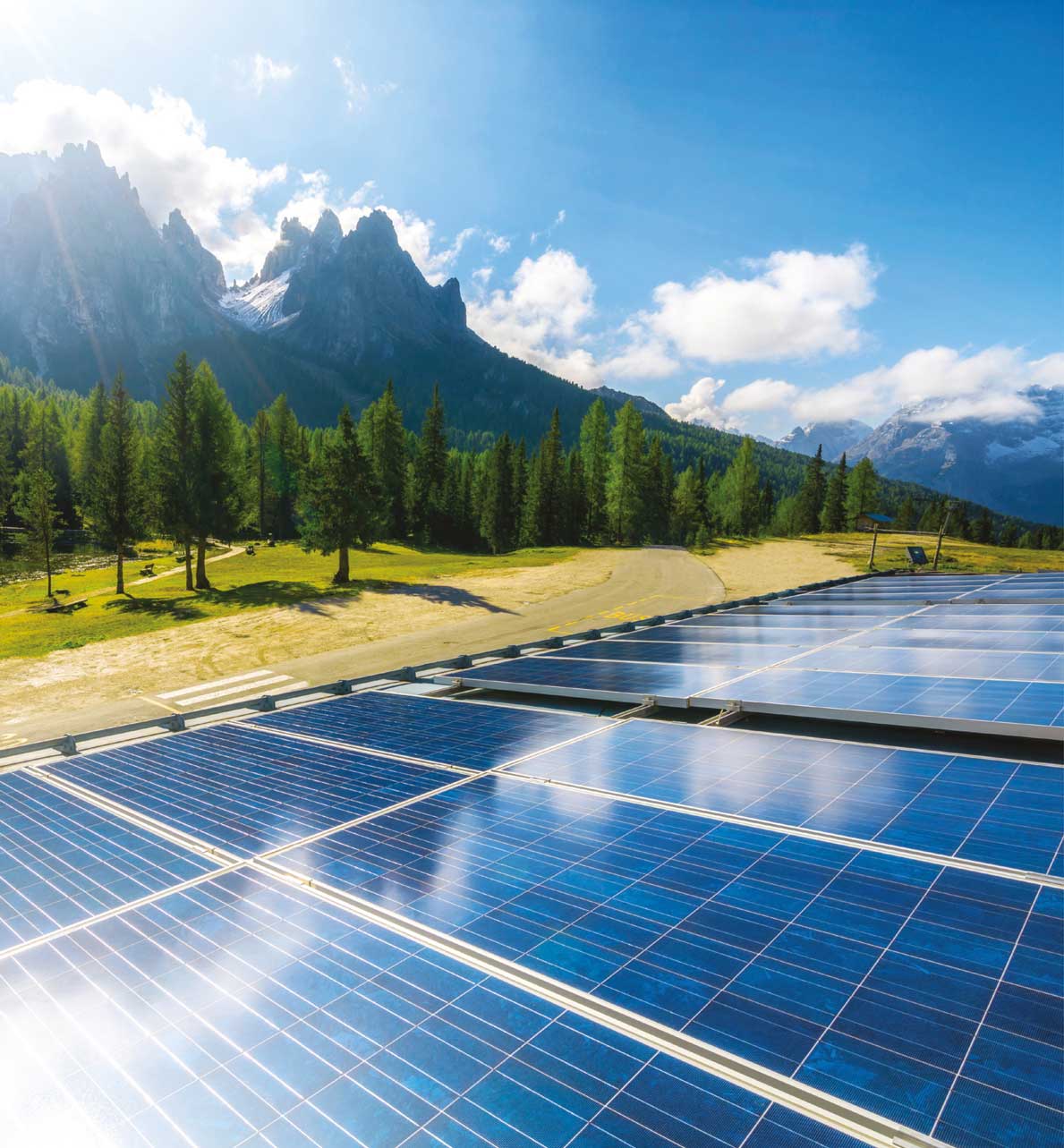RENEWABLE ENERGY
Call for Energy Transition
Dhanujie Jayapala expounds on the dire need for renewable energy to embrace a sustainable future

Evaluating the best renewable energy source can be challenging but certain factors could highlight each option’s positive and negative impacts,” says Dhanujie Jayapala, who is the Manager Environmental Sustainability of MAS Holdings.
Noting that life cycle impacts are an important yet subjective factor, he explains: “For example, hydropower is a great source of consistent renewable energy but constructing such projects can damage ecosystems. Whether a project’s long-term benefits outweigh the biodiversity and ecosystem loss caused remains hotly debated.”
The relationship between the demand for energy and reliability of a source should also be considered. And the output of climate sensitive sources like solar power can vary, creating challenges in managing demand since mismanagement can lead to significant failures.
“As with most large-scale projects, the size and schedule of investments play critical roles in the choice of renewable energy sources,” Jayapala asserts, adding that “capital and operational expenditure should be considered along with the levelised cost of electricity (LCOE), which examines a facility’s average cost of electricity generation over its lifetime.”
 As such, hydropower is an attractive option due to its low LCOE and capacity to handle demand responses effectively, in his view.
As such, hydropower is an attractive option due to its low LCOE and capacity to handle demand responses effectively, in his view.
But the technology landscape is changing rapidly with breakthroughs in energy storage systems, which is likely to influence this equation in the future.
Jayapala observes that most large businesses are keen to transition to renewable energy: “A few years ago, this may have been due to customer demand or brand reputation but nowadays, companies are taking proactive actions in response to the global climate emergency.”
“Corporates that want to do the right thing and act to combat climate change might face restrictive regulations,” he elaborates, stating: “They could be discouraged from investing in sources such as biomass due to the lack of price controls, which dilutes the value.”
This underlines the importance of businesses working with regulators to identify partnership opportunities and profitable sustainable solutions.
Many have questioned whether the Sri Lanka Sustainable Energy Authority’s (SLSEA) plans for a 100 megawatt solar park, and 150-200 megawatt wind and solar energy parks, are viable long-term investments.
 In Jayapala’s view, “it is encouraging to see the private sector invest in such long-term projects to support the nation’s sustainable investment efforts.”
In Jayapala’s view, “it is encouraging to see the private sector invest in such long-term projects to support the nation’s sustainable investment efforts.”
“It’s important to encourage investments to increase renewable energy generation and find solutions to existing challenges such as energy storage,” he avers.
Corporates need government support through correctly priced energy agreements on the public’s behalf while considering these projects’ long-term impacts, as well as guidelines for power quality and addressing demand for storing the energy generated.
UN Secretary-General António Guterres recently called the climate crisis “a code red for humanity.”
As poverty declines, food production increases, education systems improve and consumption rises. According to Jayapala, sustaining this demand while addressing the climate emergency requires the world transitioning to renewable energy sources entirely in the next 10 to 20 years.
“Action is needed now,” he declares, stressing: “As contributors to the problem, businesses should be a part of the solution too. Sustainable business begins when corporates commit to offering products and services with lower impacts on the climate and planet.”




